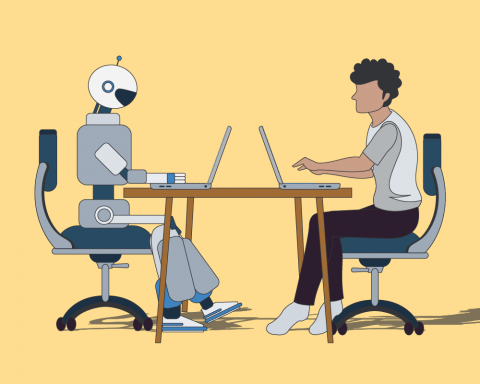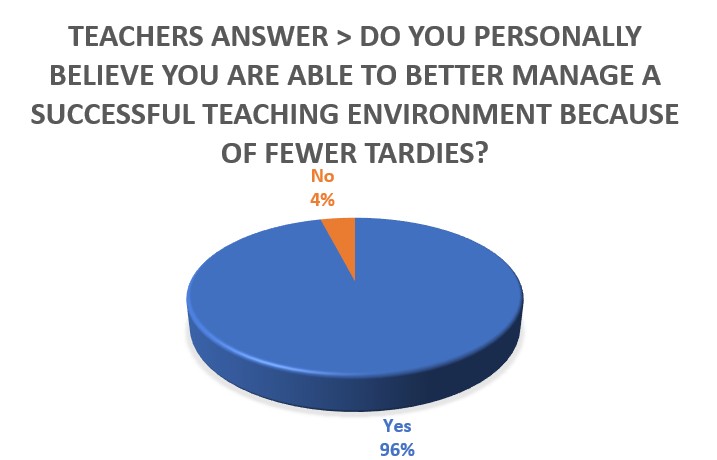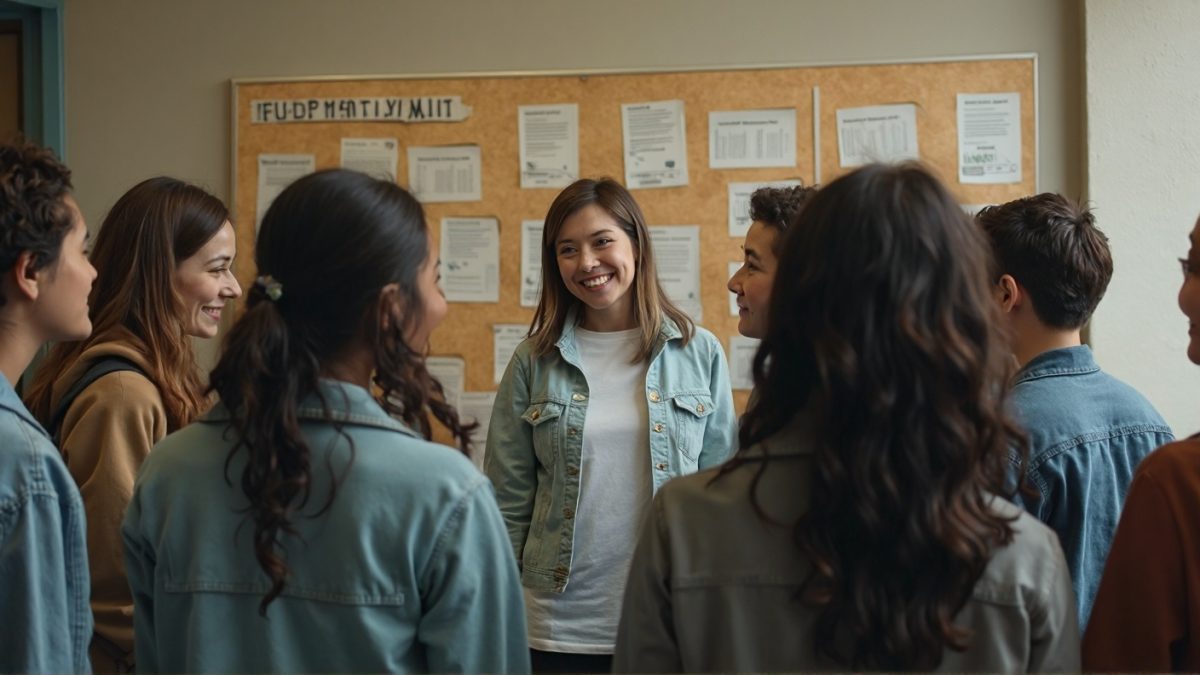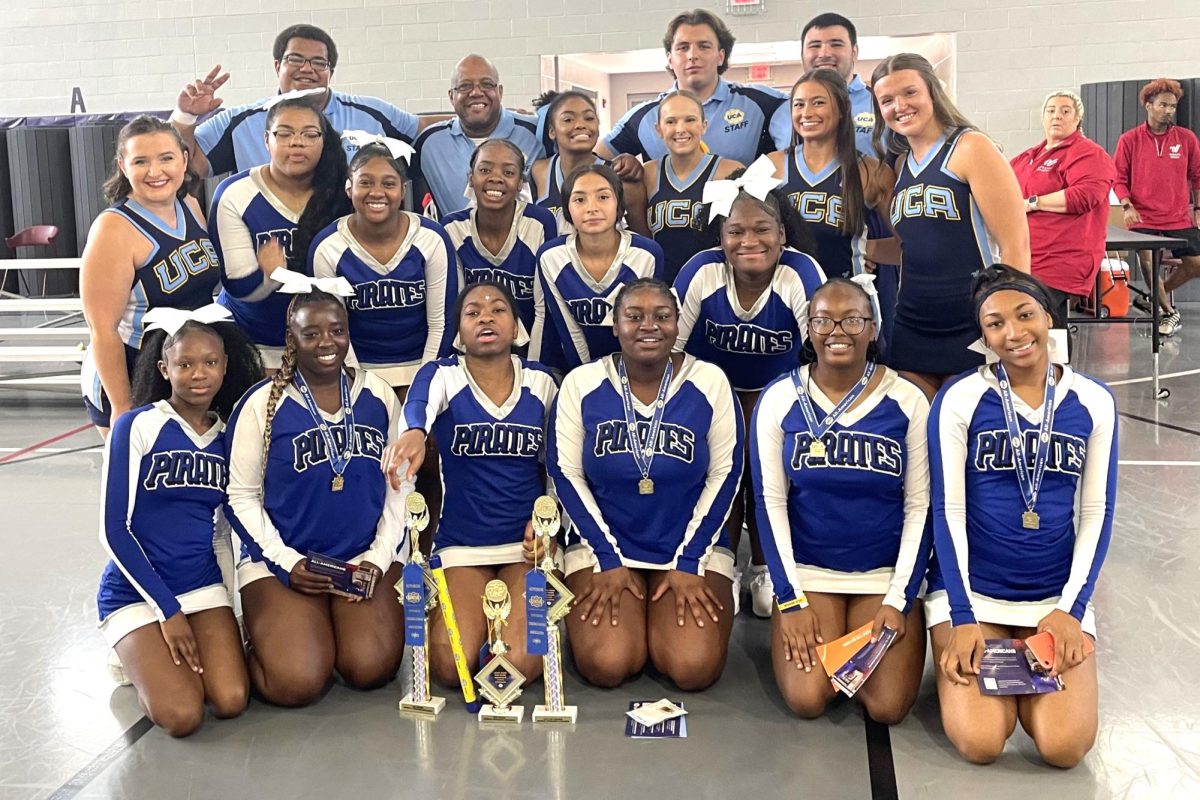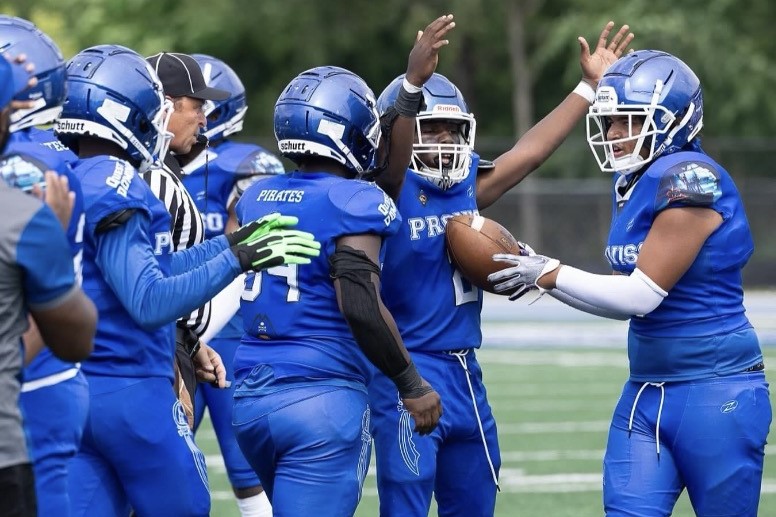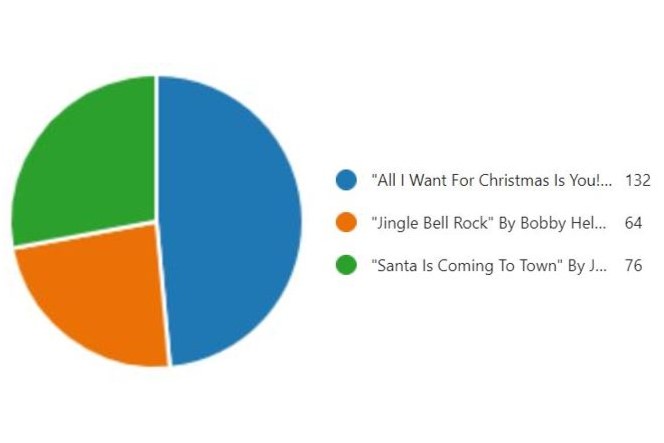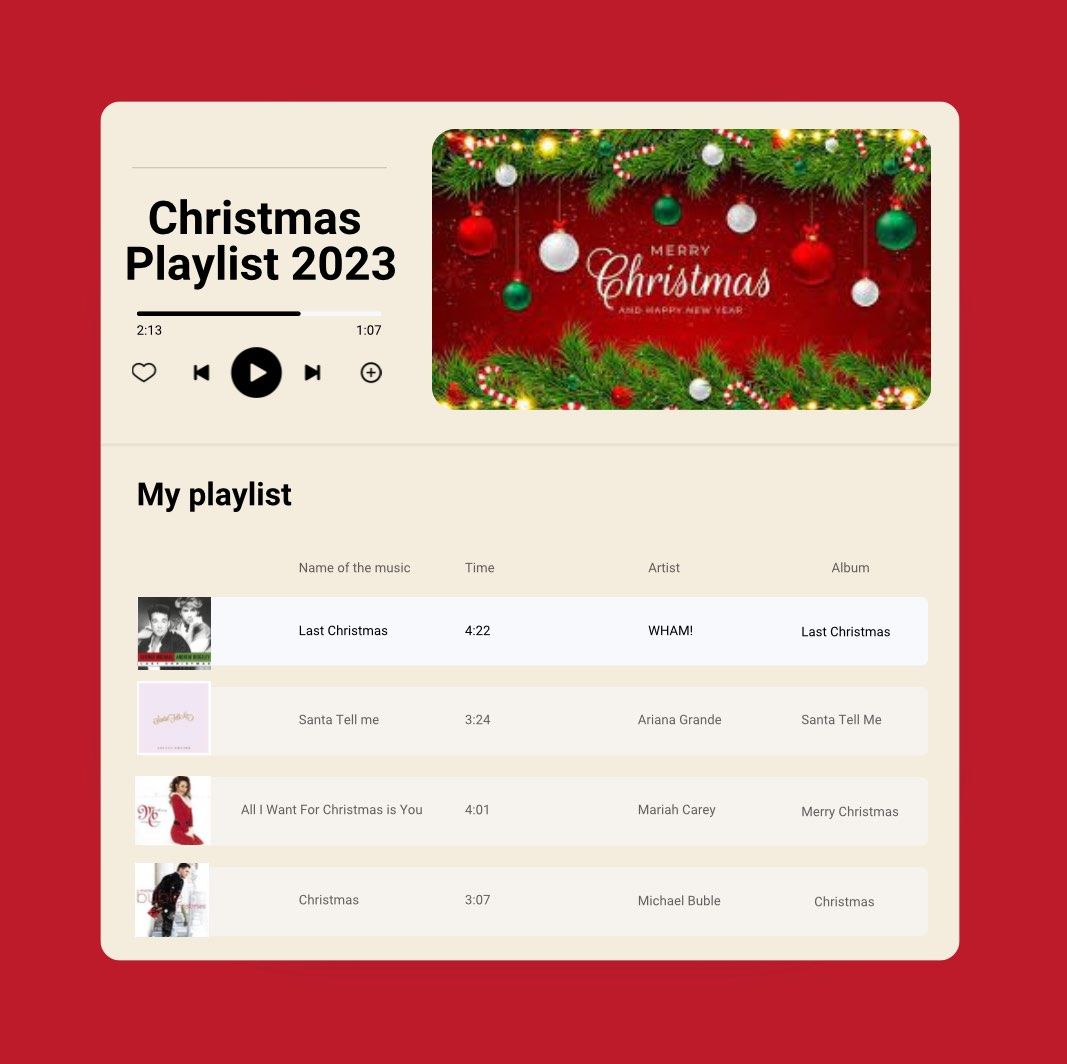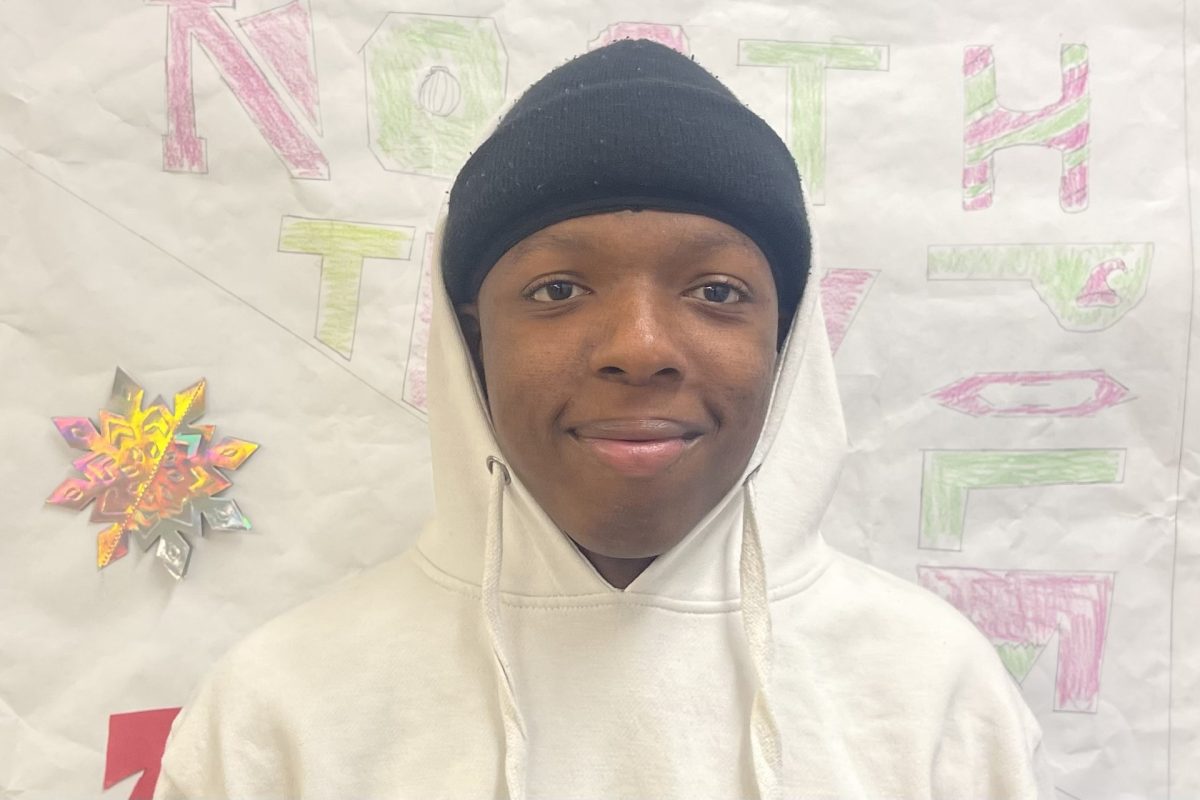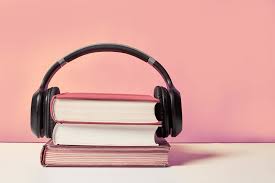It turns out that music on your phone can have a beneficial effect on your learning.
But you need to understand when to turn your phone on, and when to turn your phone off.
Junior S Martinez recognizes that her headphones block out the classroom. She said, “Personally, I don’t get distracted easily so once I put my headphones in–I’m focused like–I’m really just tapped into the task at hand. I feel like it helps me focus and I’m able to get my work done faster and more effectively. Usually the results come in as A’s and B’s.”
Is Music Always a Good Idea?
So, does that mean she should never listen to music in the classroom?
Social Studies Teacher Jessica Piemonte would seem to agree, but then makes an exception.
“In the classroom,” says Piemonte, “I would say no music because I have often had students tell me that they didn’t know what the directions were or what they were supposed to do because they were listening to music.”
But later, Piemonte softens her stance when she explains that during personal work time, there are students who listen to music while working. And although questions aren’t always correct, their work is being done, and it’s much preferred to the students who listen to music and are on their phone and doing nothing.
Now that You Understand When to Listen to Music
You need to know what type of music to listen to and how this music depends on your personal taste.
An article published by Texas A&M University provided examples of music that was the most beneficial for studying: music without lyrics, such as classical music.
This article also mentioned how music with hyped beats or many lyrics had a negative impact.
However, Martinez mentioned how sometimes R&B or Spanish music were her go-to’s when studying with music.
So, despite what is seen as the most effective type or worst type of music to work with, it all depends on what best suits your needs and gets the work done.

